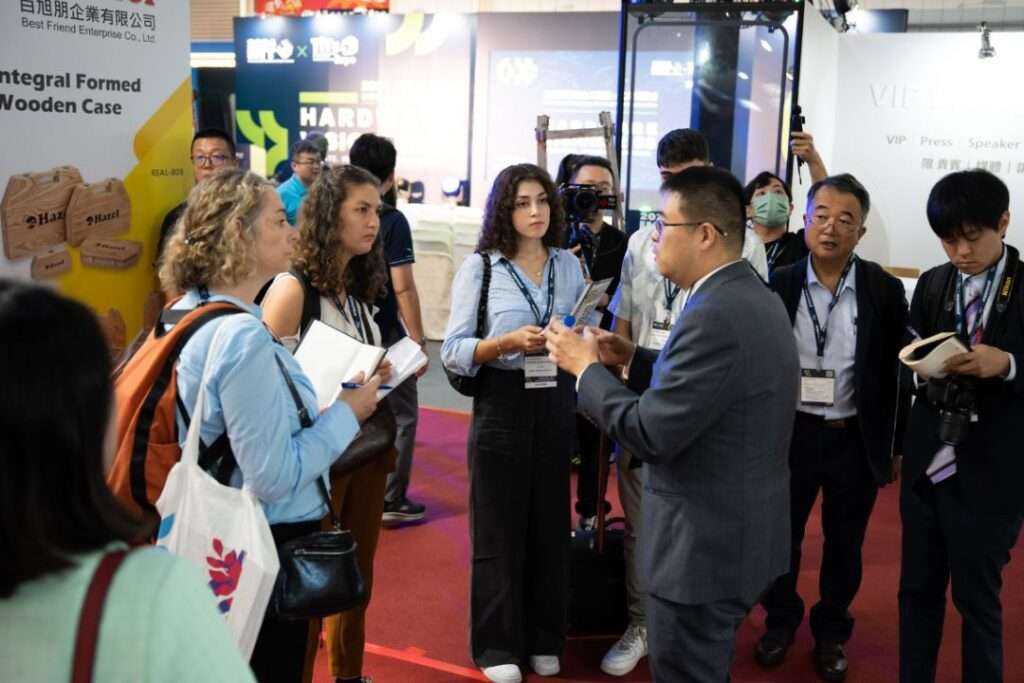In a statement on July 26, ZF announced plans to streamline its German operations and combine them into several site networks. This restructuring will result in a gradual reduction of 11,000 to 14,000 employees in Germany by the end of 2028. The changes are driven by strong competition, cost pressures, and weak demand for electric vehicles, with a focus on the Electrified Powertrain Technologies division.
“Our responsibility is to position ZF for the future and develop our German locations to be sustainably competitive,” said ZF CEO Dr. Holger Klein. “We recognize that we must make difficult but necessary decisions to achieve this, aiming for the best possible solutions for everyone involved.”
Prof. Dr. Peter Laier, head of Production on the ZF Board of Management, added, “We aim to create an efficient production network and streamline research and development by consolidating German locations into several networks.”
ZF will adjust its capacities to meet expected lower market demand. This new structure will lead to a reduction of 11,000 to 14,000 employees from the current 54,000 by 2028, depending on market conditions and location specifics. The company plans to implement these reductions in a socially responsible way, using options like partial retirement offers and severance programs. Increased automation and digitalization will also help improve competitiveness.
Electrified Powertrain Technology Division in Focus
ZF is focusing on its Electrified Powertrain Technology division as part of its strategic realignment. The global market for passenger car drives is highly competitive and faces significant cost pressure. ZF states that it is challenging to finance purely electric drives, which often have low margins, alongside drives for conventional and hybrid vehicles. The shift towards electric vehicles will also reduce the demand for transmissions for conventional and hybrid cars, and this needs to be considered. Additionally, there is currently a low demand for purely electric vehicles, leading to overcapacity in electric-powertrain production lines that required significant investments.
Given these factors, ZF will review and improve workflows, processes, and structures in the Electrified Powertrain Technology division. Despite the current market challenges, ZF CEO Klein stated that the future belongs to electromobility, and the company will continue to invest heavily in this area. However, the high competition for electric powertrain technologies also necessitates exploring cooperation and partnerships.
Klein emphasized the need for decisive action to adapt to the tougher market and competitive environment to secure the company’s future. He stated that making ZF more agile to react to rapid market changes is essential. The measures ZF has decided on aim to strengthen its competitiveness and maintain its position as a leading supplier.








